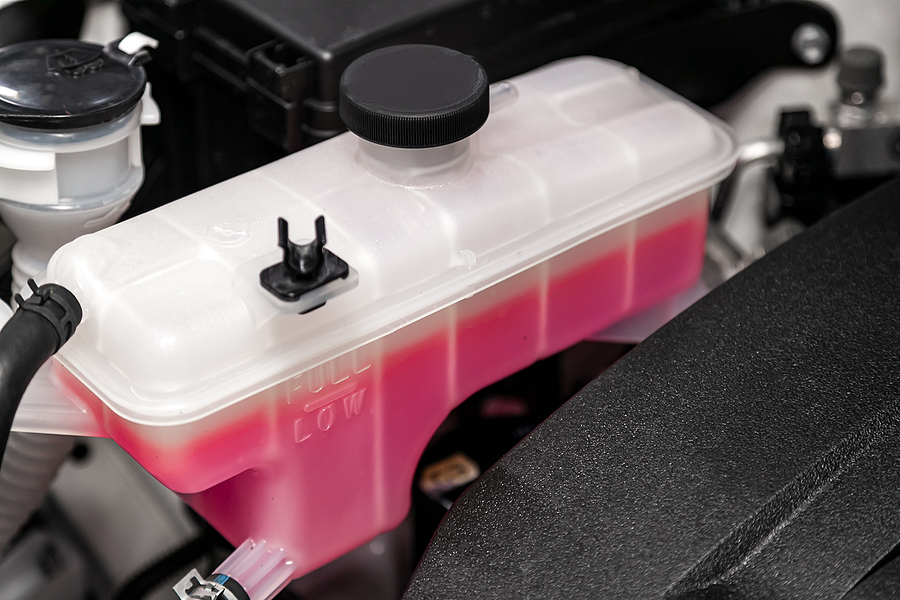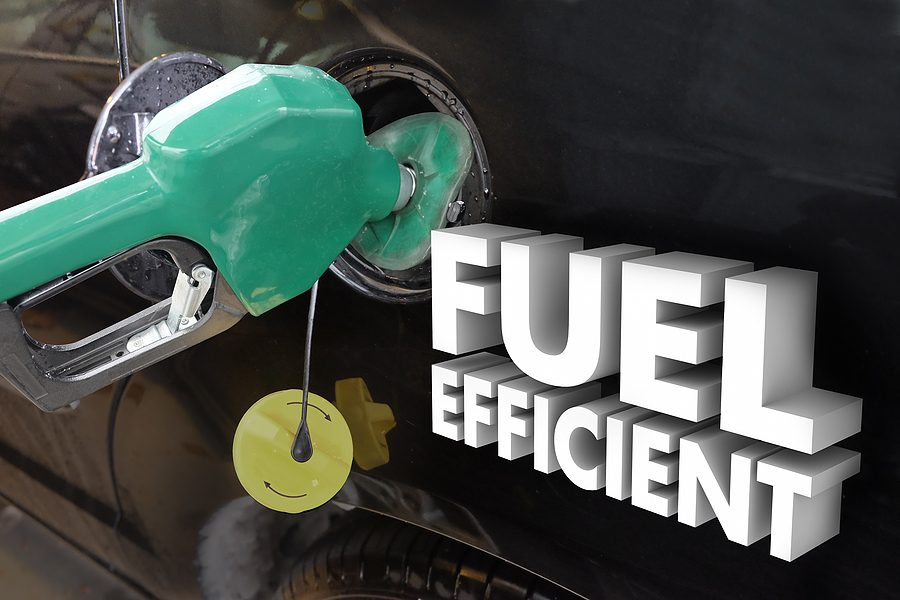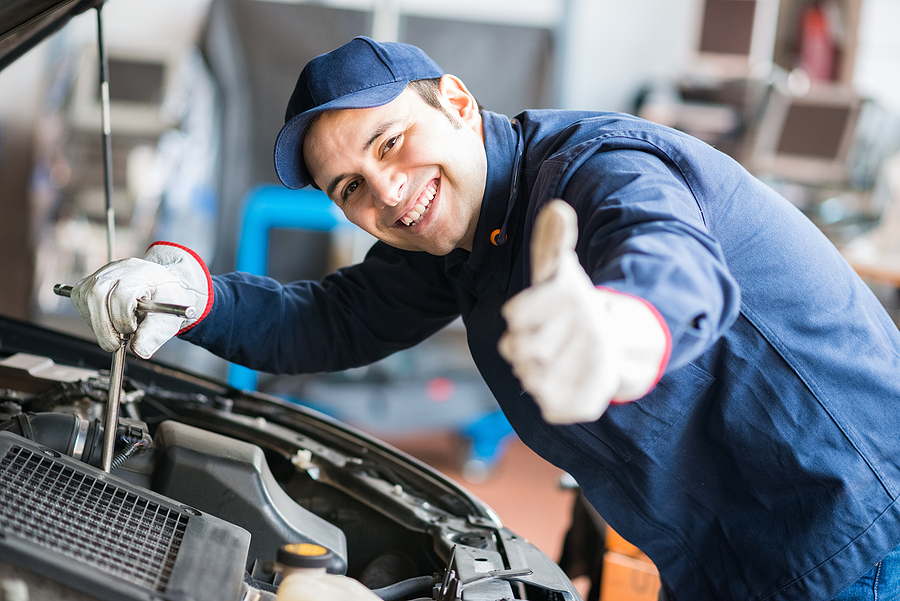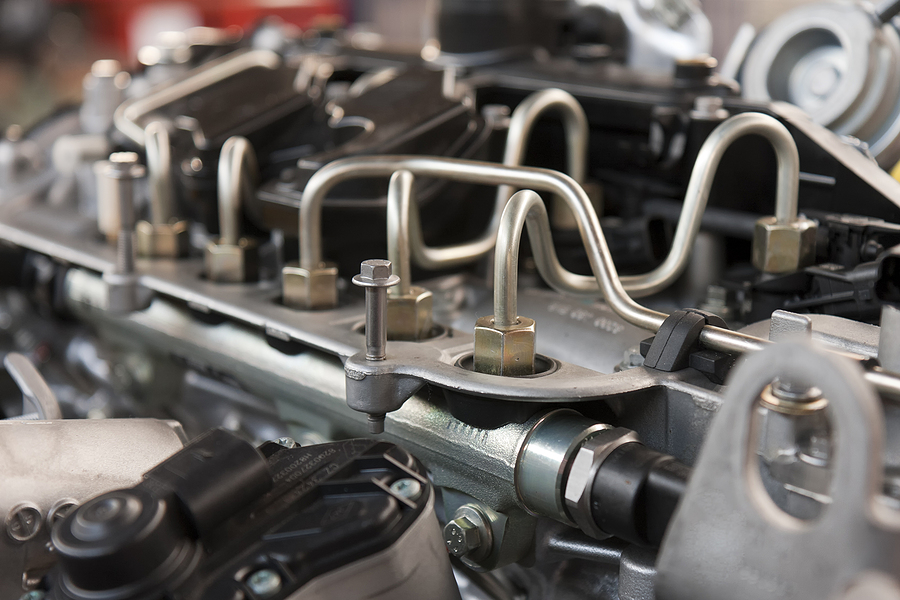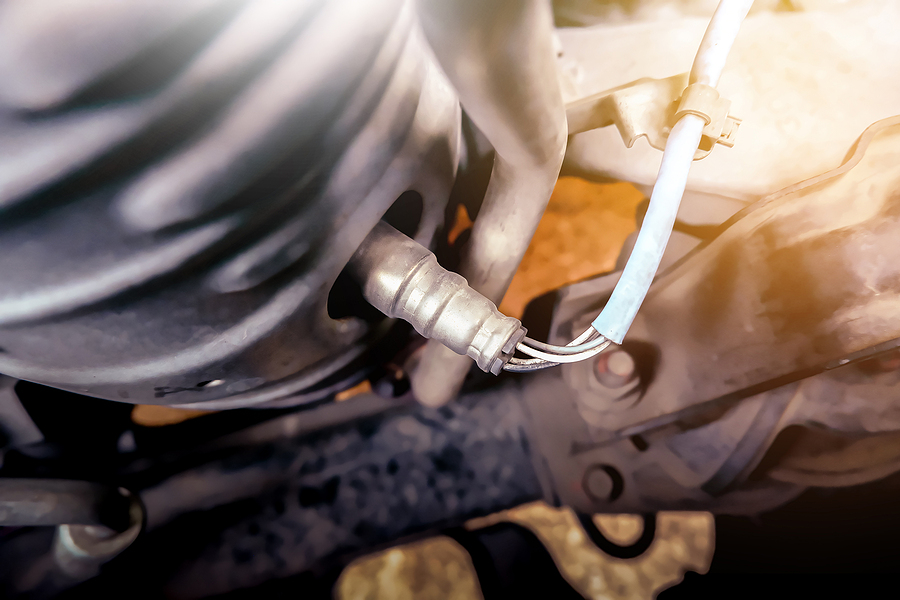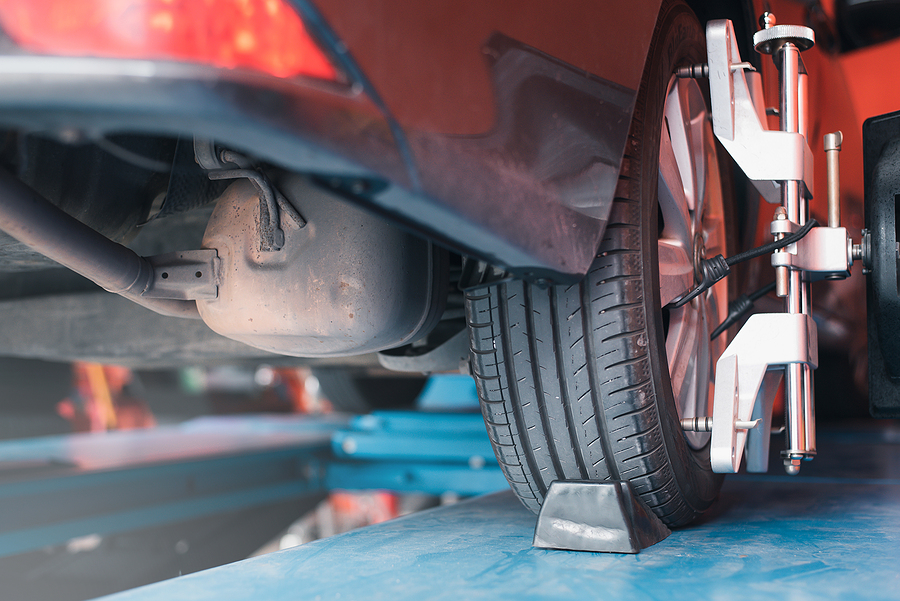Maintaining your vehicle is like taking care of your health—neglect it, and the consequences can be costly. Regular maintenance is crucial for ensuring the longevity, safety, and performance of your car or truck.
In this post, we’ll explore why routine maintenance is essential, break down key tasks, and provide practical tips to help you keep your vehicle in top shape. Whether you’re a seasoned driver or a new vehicle owner, you’ll find valuable insights to make your maintenance routine more effective.

The Importance of Routine Maintenance for Vehicle Owners
Routine maintenance isn’t just about keeping your car or truck looking good; it’s about ensuring it operates safely and efficiently. Regular check-ups can prevent breakdowns, extend the life of your vehicle, and even save you money in the long run. For vehicle owners, understanding the importance of these tasks can’t be overstated.
Scheduled maintenance helps identify potential issues before they become major problems. Catching a minor issue early, like a small oil leak, can prevent it from turning into a costly repair. Additionally, well-maintained vehicles tend to be more fuel-efficient, saving you money at the pump.
Safety is another critical factor. Brakes, tires, and other essential components wear down over time. Regular inspections ensure these parts are in good working condition, reducing the risk of accidents. In short, routine maintenance is a small investment with significant returns.
Routine Maintenance Checks for Cars and Trucks
Routine maintenance checks are vital for keeping your vehicle in good working condition. These checks involve inspecting various components to ensure they function correctly and efficiently. By keeping up with these routine checks, you can maintain your vehicle’s performance and safety while avoiding costly repairs down the road. Here are some standard routine maintenance checks every vehicle owner should be familiar with:
- Oil Changes – Regularly changing your vehicle’s oil keeps the engine running smoothly and prevents damage from old, dirty oil.
- Tire Rotations – Rotating your tires ensures even wear, which can extend their lifespan and improve your vehicle’s handling.
- Brake Inspections – Regular brake inspections help maintain your stopping power and ensure your safety on the road.
- Fluid Checks – Checking and topping off essential fluids like coolant, brake fluid, and transmission fluid keeps your vehicle running smoothly.
- Battery Maintenance – Regular battery checks can prevent unexpected breakdowns and ensure your vehicle starts reliably.
Essential Routine Maintenance Tasks
Oil Changes
Regular oil changes are one of the most critical aspects of vehicle maintenance. Engine oil lubricates the moving parts of your engine, reducing friction and wear. Over time, oil breaks down and becomes less effective, which can lead to engine damage.
Changing your oil every 3,000 to 5,000 miles, depending on your vehicle and driving conditions, is essential. Fresh oil keeps your engine clean and running smoothly. Neglecting oil changes can result in sludge buildup, which can clog your engine and reduce its efficiency.
Many modern vehicles come with oil life monitors that alert you when it’s time for an oil change. Paying attention to these alerts and scheduling regular oil changes will keep your engine in top condition and help avoid costly repairs.
Tire Rotations
Tire rotations are crucial for maintaining even tire wear. Rotating and balancing your tires involves moving them from one position to another, ensuring they wear evenly over time. Uneven tire wear can lead to reduced traction, poor handling, and a shorter tire lifespan.
Rotating your tires every 6,000 to 8,000 miles is recommended, although you should consult your owner’s manual for specific guidelines. Regular tire rotations also allow you to inspect your tires for damage or wear, ensuring they’re in good condition.
Properly maintained tires improve your vehicle’s handling, fuel efficiency, and safety. By keeping up with tire rotations, you can extend the life of your tires and enjoy a smoother, safer ride.
Brake Inspections
Brakes are one of the most critical safety components of your vehicle. Regular brake inspections ensure your brakes are in good working condition and can stop your vehicle effectively. Over time, brake pads wear down, and brake fluid can become contaminated, reducing your braking performance.
It’s essential to have your brakes inspected at least once a year or every 12,000 miles. During an inspection, a technician will check the brake pads, rotors, and fluid levels, making any necessary adjustments or replacements.
Neglecting brake maintenance can lead to decreased stopping power, longer stopping distances, and even brake failure. Regular inspections ensure your brakes are in top condition, providing you with the stopping power you need to stay safe on the road.
Fluid Checks
Your vehicle relies on various fluids to operate smoothly. Regularly checking and topping off these fluids is essential for maintaining your vehicle’s performance and preventing damage. Some of the key fluids to monitor include:
- Coolant – Keeps your engine from overheating.
- Brake Fluid – Ensures your brakes work effectively.
- Transmission Fluid – Lubricates and cools the transmission.
- Power Steering Fluid – Makes steering your vehicle easier.
- Windshield Washer Fluid – Keeps your windshield clean and clear.
Checking these fluids regularly and topping them off as needed will help keep your vehicle running smoothly and prevent potential damage. Consult your owner’s manual for specific guidelines on checking and maintaining these fluids.
Battery Maintenance
A healthy battery is essential for reliable vehicle operation. Regular battery maintenance can prevent unexpected breakdowns and ensure your vehicle starts reliably. Over time, batteries can lose their charge or develop corrosion on the terminals, reducing their effectiveness.
It’s essential to check your battery regularly for signs of wear or damage. Look for corrosion on the terminals and clean them if necessary. You should also test your battery’s charge periodically, especially before long trips or during extreme weather conditions.
If your battery is more than three years old, consider having it tested by a professional. Replacing an old or weak battery before it fails can save you the hassle of a roadside breakdown and keep your vehicle running smoothly.
How Frequent Maintenance Can Prevent Costly Repairs
Regular maintenance is an investment that pays off over time. By staying on top of routine maintenance tasks, you can prevent minor issues from becoming major, costly repairs. Here’s how frequent maintenance can save you money:
Early Detection of Issues
Routine maintenance allows you to catch problems early before they escalate. For example, a small oil leak can be fixed relatively cheaply, but if left unchecked, it can lead to engine damage and costly repairs. Regular inspections and maintenance help identify these issues early, allowing you to address them before they become significant problems.
Prolonged Vehicle Lifespan
Well-maintained vehicles tend to last longer. Regular maintenance tasks, such as oil changes, tire rotations, and brake inspections, keep your vehicle running smoothly and efficiently. This reduces wear and tear on critical components, extending the lifespan of your vehicle and delaying the need for costly replacements.
Improved Fuel Efficiency
Regular maintenance helps your vehicle operate at peak efficiency, improving fuel economy. For example, properly inflated tires and clean air filters can significantly impact your vehicle’s fuel efficiency. By maintaining your vehicle, you can save money on fuel costs over time.
Which Tasks Can Owners Do Themselves?
Maintaining your vehicle doesn’t always require a trip to the mechanic. Some tasks can be done by vehicle owners, saving time and money. However, knowing which tasks are suitable for DIY and which require professional expertise is essential.
DIY Maintenance Tasks
Many routine maintenance tasks can be done at home with essential tools and a little know-how. These DIY tasks can help you stay on top of your vehicle’s maintenance and save money on labor costs. Some of these tasks include:
- Oil Changes – With the right tools and a bit of practice, changing your oil at home can save you money.
- Tire Rotations – Rotating your tires is a straightforward task that can be done with a jack and some basic tools.
- Fluid Checks – Checking and topping off fluids like coolant, brake fluid, and windshield washer fluid is simple and requires minimal tools.
When to Seek Professional Help
While some tasks are suitable for DIY, others require professional expertise and specialized equipment. Knowing when to tackle a task yourself and seek professional help ensures your vehicle is maintained correctly and safely. It’s best to leave these tasks to the professionals:
- Brake Inspections and Repairs – Brakes are critical to your safety, so it’s essential to have them inspected and repaired by a professional.
- Transmission Services – Transmission maintenance and repairs are complex and require specialized knowledge and tools.
- Advanced Diagnostics – If your vehicle has an issue that requires advanced diagnostics, it’s best to consult a professional mechanic.
The Role of Technology in Vehicle Maintenance
Technology has revolutionized vehicle maintenance, making it easier for owners to stay on top of routine tasks and catch potential issues early. Various apps and tools are available to help you manage your vehicle’s maintenance and keep it running smoothly.
Maintenance Apps
Several apps are designed to help you track and manage your vehicle’s maintenance schedule. These apps can send reminders for upcoming tasks, log maintenance history, and provide helpful tips and information. This makes it easy to stay on top of your vehicle’s maintenance and ensure you never miss a critical task. Some popular maintenance apps include:
- Car Minder – Tracks maintenance schedules and provides reminders for upcoming tasks.
- AUTOsist – Logs maintenance history and stores important documents and receipts.
- Drivvo – Tracks fuel consumption, maintenance costs, and more.
Diagnostic Tools
Modern diagnostic tools can help you identify and diagnose potential issues before they become significant problems. These tools can read your vehicle’s onboard diagnostic system (OBD) and provide real-time data and error codes. By using them, you can catch potential issues early and address them before they become costly repairs. Some popular diagnostic tools include:
- OBD-II Scanners – Plug into your vehicle’s OBD port and provide real-time data and error codes.
- Bluetooth Adapters – Connect to your smartphone and provide detailed diagnostic information through an app.
- Multimeters – Measure electrical signals and help diagnose issues with your vehicle’s electrical system.
Online Resources
The internet is a treasure trove of information for vehicle owners. Numerous websites, forums, and YouTube channels provide step-by-step guides, tutorials, and tips for maintaining and repairing your vehicle. These online resources can help you learn new skills, troubleshoot issues, and maintain your vehicle effectively. Some popular online resources include:
- YouTube – Offers countless tutorials and guides for DIY maintenance and repairs.
- Automotive Forums – Provide a platform for vehicle owners to share tips, ask questions, and discuss common issues.
- Manufacturer Websites – Often provide official maintenance guides, manuals, and service bulletins.
Conclusion
Routine maintenance is essential for keeping your vehicle running smoothly, efficiently, and safely. Regularly performing tasks such as oil changes, tire rotations, brake inspections, fluid checks, and battery maintenance can help you avoid expensive repairs, prolong your vehicle’s life, and ensure a safer driving experience.
Whether you choose to tackle some tasks yourself or seek professional help, regular maintenance is a small investment that pays off in the long run. Embrace technology and online resources to stay informed and make your maintenance routine more effective.
Ready to keep your vehicle in top shape? Contact Northeast Auto Service at 317-475-1846 to schedule your routine automotive maintenance and experience the benefits of a well-maintained vehicle. We work on all make and model vehicles!
Related Posts:
10 Tips for Saving Money on Factory Scheduled Car Maintenance
Recommended Maintenance for a Car That Has Not Been Driven in a While
Automotive Maintenance 101 for Trucks

